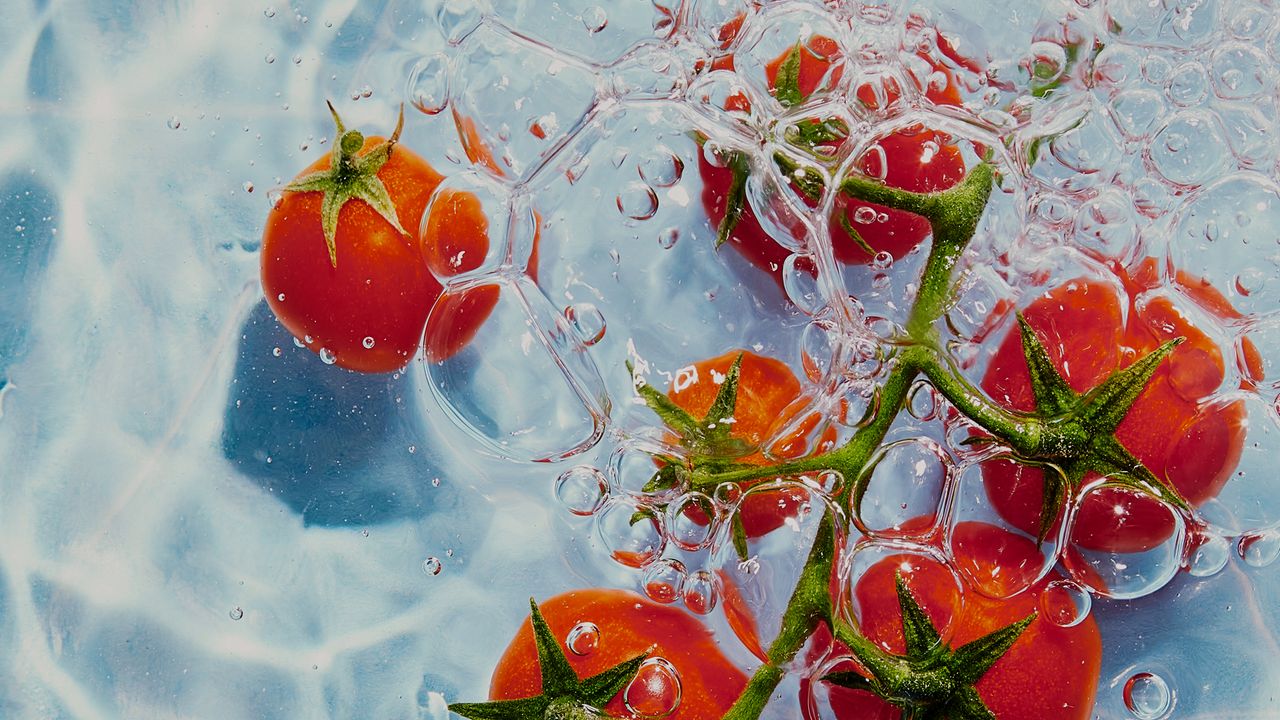
Water retention can happen any time of the year, but experiencing swollen, heavy legs is especially common in the summer—and certainly uncomfortable. Luckily, there are some things you can do to help ease the puffiness or, better yet, avoid it altogether. One of the most effective ways? Skipping the foods that cause water retention.
Why do we retain water in the summer?
Feet, ankles, and legs can swell in the summer when an excess of fluid accumulates in the tissues. This type of water retention is known as edema. “Edema is a medical term for swelling caused by fluid buildup in the tissues,” explains Dr. Asimah Hanif. “It often appears in legs, ankles, and feet, but it can also affect other areas like the hands, arms, face, or even the lungs.”
While certain health conditions—like heart or kidney disease—and taking specific medications can cause fluid retention, Hanif says that it can also be due to poor circulation or lack of movement. “Even something as simple as sitting or standing for too long, especially in hot weather, can cause the legs to swell up,” she notes.
Furthermore, women may be especially susceptible. “For many women, mild edema is part of monthly hormonal shifts or travel-related fluid retention,” says Dr. Terry Dubrow. “Think of it as your body whispering that it’s holding on to water—often because something is off balance.”
What foods cause water retention?
Certain foods, usually those high in sodium or sugar, also promote fluid accumulation and venous stagnation, which inevitably leads to swollen and painful legs. If you are susceptible to leg swelling, avoiding these foods during the warmest months can be helpful.
“Diet can play a big role in how much fluid your body holds onto,” Hanif says. “The biggest offender is salt. Eating salty foods—like chips, canned soups, takeout, or ready-made meals—makes your body hold onto more water, which can worsen swelling.”
Foods that don’t taste particularly salty can lead to water retention—especially if they’re processed and packaged. “Things like bacon, ham, sausages, and other cured meats can also contribute. Pickled foods and sauces like soy sauce tend to be salty too,” says Hanif.
Sugar and alcohol can be culprits, too. “High-sugar diets can lead to inflammation and make your body retain more fluid, while alcohol affects your liver and kidneys and can throw off your fluid balance by causing dehydration,” Hanif says.
5 surprising foods that lead to water retention
Canned tuna
Canned tuna can be high in sodium due to the salt that’s added during processing and preservation.
Tomatoes
Although tomatoes are water-rich, they also contain histamine, which could contribute to water retention as histamine increases the permeability of blood vessels. Eating tomatoes with diuretic vegetables, such as cucumbers, can help mitigate the effects.
Smoked salmon
Like canned tuna, smoked salmon is high in sodium, which can contribute to water retention. “Sodium is the biggest culprit in water retention,” says Dubrow.
Crackers
Crackers may seem like a light alternative to bread, but they’re processed and therefore can be high in sodium. “Refined carbs spike insulin and promote inflammation, which can worsen swelling,” says Dubrow.
Aged cheeses
Many aged cheeses, like parmesan, gruyere, cheddar, and manchego, are high in sodium thanks to the aging process—as cheese ages, it loses moisture, which concentrates its salt content.
What foods reduce water retention?
Just as some foods can cause water retention, others can reduce it. “Edema might show up as a little puffiness, but it’s your body’s way of asking for a reset. Choosing the right foods isn’t just about de-bloating, it’s about feeling lighter and more energized,” says Dubrow, who recommends “magnesium-rich foods like almonds and dark chocolate, which are especially helpful for hormonal swelling.”
#Foods #Water #Retention






